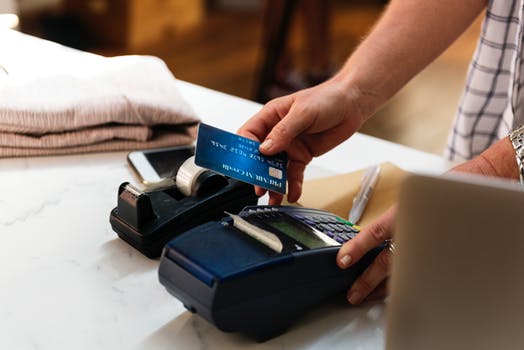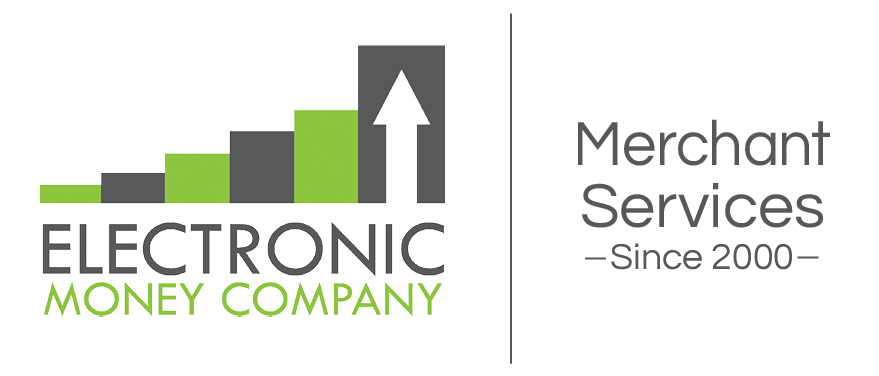Here is the scenario for this scam. It plays upon the merchant’s emotions: getting excited about a large sale and then the fear of losing that sale. The merchant starts salivating over the profits and over rides his or her caution.
The fraudster starts the process of talking about a very large purchase. He asks the merchant if he can overpay with his credit card and have the difference wired to a 3rd party. Example: a $7,000 purchase but wire an extra $3,000 to a 3rd party who will take delivery of the product. If the merchant balks at accommodating, the fraudster creates the fear of losing the large sale.

The end of the story is that, of course, the $10,000 sale will be charged back. The fraudster walks away with the product and an extra $3,000. The merchant loses the the product and $10,000! The merchant will lose the chargeback dispute because the receipt of $10,000 does not match the invoice of $7,000 for the product. Also, the 3rd party has the delivery receipt which does not match the cardholder’s name and address information.
Always be extra careful when you do not know the buyer and when a purchase is for a large amount. There should never be a 3rd party involved nor should there be a delivery address that does not match the delivery address on file with the purchaser’s credit card.
In summary, never forget that a cardholder has 180 days to claim a chargeback. Card processing looks and feels like cash but is actually the merchant issuing credit.
